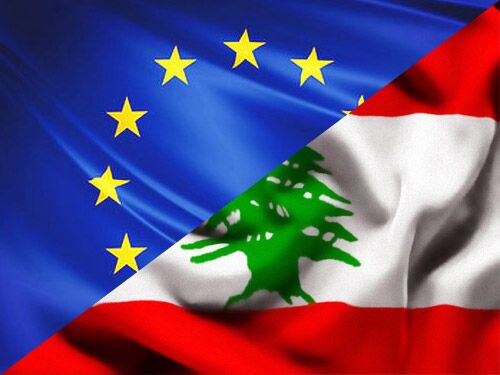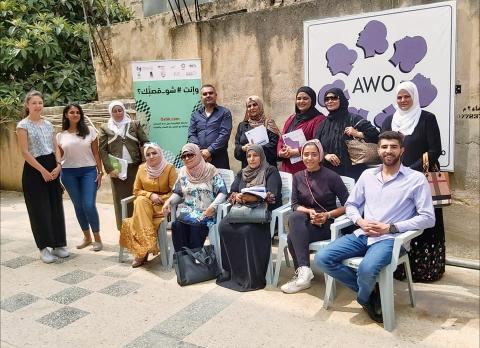EU and Lebanon hold talks to discuss deepening further cooperation in Brussels

In line with EU-Lebanon partnership priorities, a high level economic delegation from Lebanon held consultations with the EU in Brussels from 7 to 9 March, to discuss concrete ways of deepening further cooperation to stimulate economic growth and job creation in Lebanon.
These meetings constitute important milestones specifically ahead of three important upcoming events in which the EU will play a critical role. The first in Rome on 15 March will support Lebanon’s security institutions (Lebanese Armed Forces and Internal Security Forces). The second one in Paris on 6 April (CEDRE Conference) will support international investment combined with a long-term economic vision and a reform agenda. Finally, the Brussels II Conference on 24-25 April will bring together once more the whole international community to support the future of Syria and its neighbours including Lebanon.
During the first day, the dialogue focused on enhancing bilateral trade and take full advantage of existing preferential trade arrangements. It was agreed that the Joint Working Group on Trade and Investment, created in 2017, will continue its work and take stock of progress in May. The EU and Lebanon also looked at regional trade mechanisms, especially ahead of the upcoming Union for Mediterranean Trade Ministerial on 19 March and the finalisation of the Pan Euro-Mediterranean Convention on Rules of Origin. On the latter a common way forward was agreed upon based on the outcome of the last Association Council.
On the second day, the macro-economic situation and outlook for the EU and Lebanon was discussed together with fiscal trends and challenges as well as financial stability.
On the third day, the EU External Investment Plan was discussed looking at how it can benefit Lebanon especially in the framework of the Capital Investment Plan (CIP). Both parties agreed that the CIP needs to be embedded in a wider reform framework and in a structured dialogue with the private sector who will play a key role. In this regard, the EU welcomed the recent adoption of the Public-Private Partnership law.
The discussion also centred on ongoing cooperation in a number of sectors that are key to sustainable growth such as environment, water and waste management, research and innovation, maritime policy, transport, energy policy and education. In particular, the EU and Lebanon agreed to full use of Lebanon’s recent accession to the EU-supported Partnership for Research and Innovation in the Mediterranean Area (PRIMA).
Read More




























 Syria
Syria 





